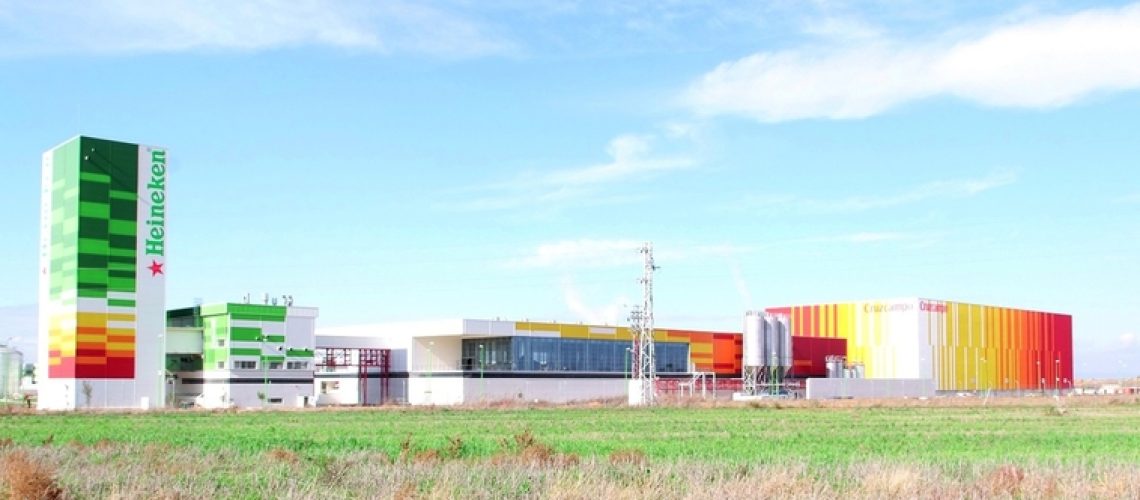Source: abc.es
Heineken and Engie begin its construction and it will prevent the emission of 7,000 tons of CO2 per year and a 60% reduction in fossil gas consumption at the brewery’s factory in Seville.
Zero net emissions in production, reaching one hundred percent sustainable raw materials, a neutral water balance in the water used to make its products or achieving zero waste in factories by 2025 are some of the “decidedly green” objectives. that Heineken Spain has and for whom it works every day. And on this path towards a carbon-neutral future, alliances and innovation are key elements. For this reason, Heineken and Engie have begun construction of the first 100% renewable solar thermal power generation plant in the Spanish industry (CSP, Concentrated Solar Power). A great milestone for Spain, as it is the first time that this technology has been integrated for the self-consumption of thermal energy in the production process of a factory of this scale.
With an investment of 20 million euros, this groundbreaking project, the first for Heineken worldwide, takes advantage of a consolidated technology -for the generation of electricity- with a different purpose: to generate thermal energy with the power of the sun (100% renewable, unlimited and free of emissions) to provide the necessary heat for the production processes of its Sevillian factory. Because, I assure you, the sun shines brightly on the land where a solar field of some eight hectares, equivalent to eight football fields, and with 43,000 square meters of mirrors, will be installed. With a power of 30 MW, it will generate 28,700 MWh of thermal energy per year, allowing the Heineken Spain factory in Seville to reduce fossil gas consumption by more than 60% and its carbon footprint by almost 7,000 tons of CO2 per year. This technology increases the reliability and availability of energy by doubling the production capacity of superheated water for factory consumption, guaranteeing a stable energy supply for decades for the manufacturing and packaging processes. Becoming a pioneering integration of this technology in the agri-food sector in Spain and in the world.
Energy storage
The new solar thermal plant will work thanks to two systems. A closed primary circuit of water that recirculates through the solar field, where it is heated to 210º C passing through the tubes in which the solar radiation is reflected by means of mirrors. The generated energy is stored in eight tanks of 100 m3 each and is transferred to a secondary circuit integrated in the factory through a group of exchangers. This process allows thermal energy to be transferred to the brewing processes (regulating temperature and pressure) in the form of superheated water at 160º C to achieve greater energy efficiency. Storage is achieved with the eight tanks that will allow heat to continue to be obtained from the plant during the hours without solar radiation for 5-6 hours.
This pioneering project is developed within a framework of public-private collaboration involving ENGIE Spain, HEINEKEN Spain and national, regional and local public administrations. The agreement is part of a long-term contract, valid for 20 years, until 2043, through which ENGIE is responsible for the design and construction of the new plant, as well as its management and maintenance. “The construction of this solar thermal plant is a big step towards making our ambitious Decidedly Green sustainability agenda a reality, with a leader in renewable energies such as ENGIE. This facility contributes to promoting the decarbonization of our industry and to achieving a more sustainable and self-sufficient production, helping us to meet our objective of being the first Spanish brewery with zero net emissions in production before 2025, five years before the commitment made at a global level. In addition, it represents a clear example of our commitment to the future of Spain and Andalusia, a land to which we are united by almost 120 years of shared history,” says Carmen Ponce, director of Corporate Relations and Sustainability at Heineken Spain.
So much so, that in 2021 alone the brewery invested more than 125 million euros in Andalusia to promote social progress in the region and reinforce the role it plays in the fight against climate change and the energy transition of our country. Specifically, investments for energy and water efficiency projects in its factories in Seville and Jaén, contracts with local suppliers and support for the Andalusian agricultural sector with more than a thousand local farmers and 92% of local raw materials; last-mile logistics projects, the social action program of the Cruzcampo Foundation and its hotel school, in addition to the large bulk of the investment aimed at improving the competitiveness of the region’s bars and restaurants.
For Loreto Ordóñez, CEO of ENGIE Spain, “this plant will provide cleaner and more efficient energy for its industrial processes and will make a decisive contribution to the company’s decarbonisation plan. This pioneering project is a good example of how we support our industrial clients with our technical and professional capabilities to develop a sustainable and renewable energy alternative.”
First Spanish zero-emission brewery
Heineken’s objective is to become, thanks to renewable energies, the first Spanish brewer with zero net emissions in production before 2025, five years before the commitment made at a global level. And to achieve this, it relies on innovation, efficiency and renewable energies, ensuring that more than 45% of the energy it uses to make its beers and ciders already comes from sustainable sources, reducing its CO2 emissions by 19% since 2018. Thus, in 2020 HEINEKEN became the first Spanish brewer to make all its products with 100% renewable electricity thanks to a photovoltaic plant built in Huelva together with Iberdrola. producing more than 4,200 million beers a year with the power of the sun as the main ingredient. On its way to decarbonisation, in 2021 its Jaén plant became the first zero-emission brewery in Spain, in addition to zero waste, and the largest in Europe thanks to the use of renewable electricity and thermal energy from biomass. A journey without rest whose objective is to replicate this model in all its factories, so that 100% of the thermal energy used is also zero net emissions. From photovoltaic in 2020 to biomass in 2021 and to solar thermal in 2023.
The challenge is about to become a reality thanks to this new solar thermal plant, a giant step towards becoming the company’s next net zero emissions factory. Once the works are finished, in June 2023, 75% of the energy used by this factory will be 100% renewable and will come from the power of the sun. A factory that is already an example of sustainability for the Group thanks to its efficiency and water reduction projects. Specifically, the factory returns 100% of the water contained in the beers it produces to nature thanks to the Doñana project and advances in energy and water efficiency with several innovative projects, it is certified as zero waste to landfill, transforming all its waste into resources and, in addition, has eliminated the hi-cone or plastic rings in cans.
All this to continue toasting for a better world.

